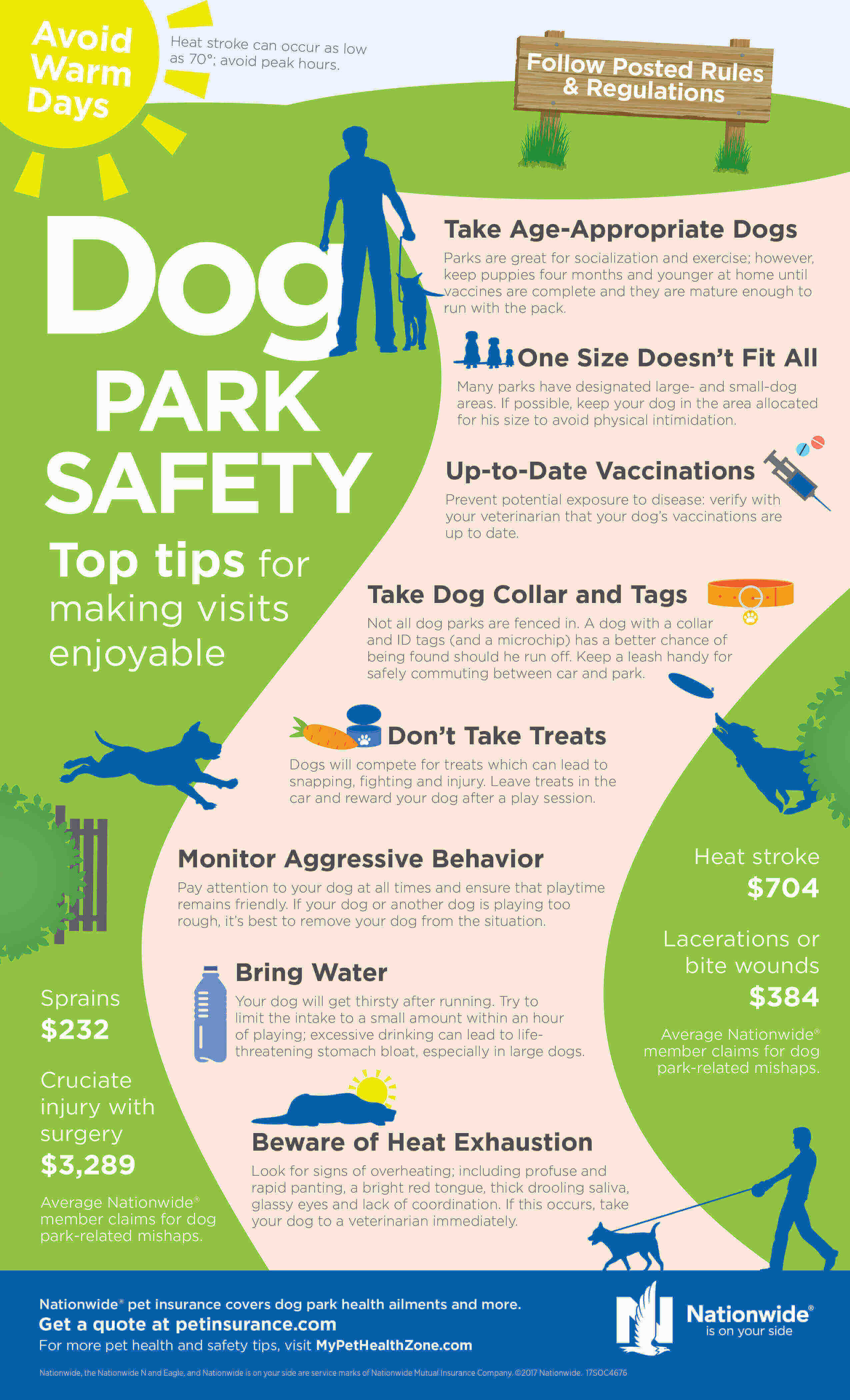Tips For Preparing Your Dog For Their First Daycare Experience
Tips For Preparing Your Dog For Their First Daycare Experience
Blog Article
Can Pet Dog Childcare Reason Disease?
Dogs in childcare get lots of exercise, socialization with various other pet dogs and distinct experiences. This can be particularly helpful for pups and canines with behavioral concerns.
There are numerous lawful factors to consider you need to consider when beginning a dog childcare organization. These include the structure of your company and compliance with federal government guidelines.
1. Pooch Distemper
Canine distemper is spread out through direct contact with the bodily fluids and waste of an infected dog, but it can likewise be transferred by means of common water and food bowls or via air-borne beads. This very transmittable ailment is most unsafe for puppies, yet it can influence pets of any kind of age and is deadly for the majority of if left untreated.
Initial symptoms of canine distemper often mimic a common cold, including runny eyes and nose with watery or pus-like discharge. As the disease progresses, a dog will develop fever, coughing, reduced appetite, vomiting and diarrhea. The virus can also strike the nerves, causing seizures, shivering and partial or total paralysis.
Trustworthy childcares lower direct exposure to infection by calling for inoculations, regular health examinations and comply with stringent hygiene protocols. If your pup seems extremely weary or hopping, a day off might assist him recuperate, but you should avoid taking him back to daycare till these signs and symptoms improve.
2. Kennel Cough
Kennel cough, also called transmittable canine tracheobronchitis or Bordetella, is a very transmittable viral or microbial illness that affects the respiratory tract. It's generally moved with the exchange of saliva or air droplets that a sick pet breathes out. Social pet dogs are at higher threat for infection because of their regular interaction with one another, such as when they play, share food or water, smell each other or just meet in a jampacked setting like a pet dog park or daycare.
One of the most usual sign of kennel cough is a relentless and strong coughing that sounds like something embeded the throat or retching. Usually, pet dogs will cough up foamy white phlegm. If left without treatment, a canine can develop pneumonia and go to severe risk permanently.
A reputable childcare facility should have rigorous cleaning and hygiene procedures, sanitize all playthings, food and water bowls frequently, and be open about their inoculation policies. Maintaining your pet dog up to day on their vaccinations, especially for bordetella and canine influenza, will greatly minimize their chances of getting the health problem.
3. Parvovirus
Canine parvovirus, or parvo, is an extremely contagious viral health problem that can be lethal for puppies boarding near me dog and young person canines with inadequate body immune systems. It's most commonly spread out by direct contact with contaminated pet dog feces-- which can happen when pets sniff, lick, or taste contaminated feces-- and indirectly from contaminated individuals, items, or settings (like kennels, brushing rooms and grass). Puppies and pets without total vaccination backgrounds are especially at risk to parvo.
The virus is exceptionally durable, surviving in the atmosphere for up to 9 years, and can easily be moved between pet dogs by contact via feces or on shoes, garments, and bedding infected with parvovirus. If not dealt with instantly with IV liquids, electrolyte balance, throwing up control medications and anti-biotics to prevent second bacterial infections, a pet dog will rapidly dry out and develop serious diarrhea, which causes shock and sepsis. Parvo is tough to cure when a pet has come to be ill, but with proper veterinary care, several puppies do endure this illness.
4. Dog Flu
Canine influenza virus is extremely infectious and spreads with direct get in touch with, sharing food and water bowls, licking or nuzzling various other pet dogs, with air-borne beads, and with polluted surface areas. Inoculation is effective in minimizing the danger of infection and break outs.
A lot of impacted pets develop a light respiratory infection with a cough that lasts 1-3 weeks. They might also have nasal and ocular discharge, sneezing, and sleepiness. Some of the most severe instances result in pneumonia and a high fever.
If your pet dog shows any of these signs, do not bring them back to childcare until they are healthy. If your pet is showing indications of severe exhaustion or limping, speak to your veterinarian immediately and make certain they get on good health supplements to help develop their resistance. A veterinarian will examine your pet for symptoms of the flu by taking an example from the nose or throat, and blood examinations can be done to confirm.